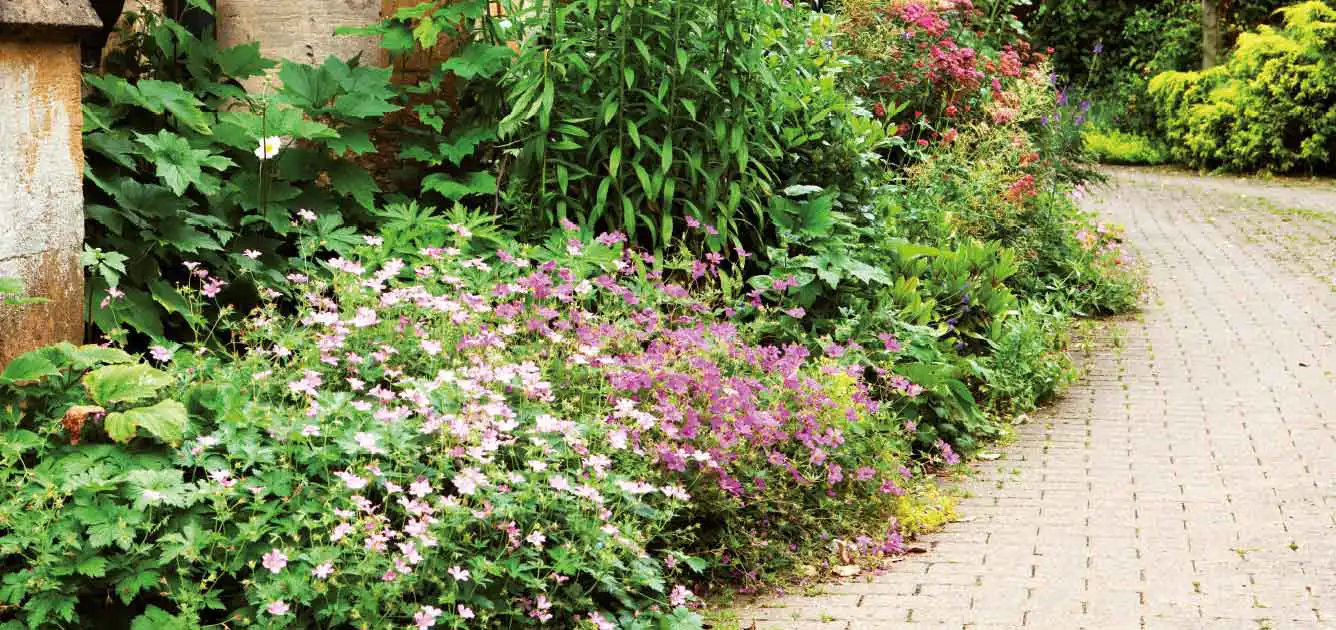July garden advice and maintenance

General gardening
- Give the lawn a quick acting summer feed, especially if a spring feed was not done
- Give woodwork a lick of paint or preserver, while the weather is dry
- Mow lawn once a week. In late summer, lawn growth slows down, so raise the cutting height slightly to allow your lawn to resist wear better
- Feeding your lawn with fertilizer such as Aftercut or Evergreen, will help to keep it in good condition
- For a green lawn, use a sprinkler once a week during dry weather. When watering the lawn, soak it to get the water down under the roots
- Containers and hanging baskets will need regular watering – make sure the compost is thoroughly soaked
- Feed container plants and hanging baskets with a liquid fertiliser such as Miracle-Gro every week
- Place plants from Conservatory outside in a sunny area
- Keep tubs and new plants watered regularly in the heat
- To ensure continuous flowering over the summer, deadhead bedding plants and any repeat-flowering perennials
- Roses should be deadheaded. Look out for black spot. Lightly prune back and apply fertilisers to encourage a second flowering
- Tie in the long growths of climbing roses, honeysuckles and vines
- Plant your spring crops of cabbage, broccoli and cauliflower (brassicas)
- Pick beans regularly and keep them well-watered
- Prune apple and pear trees to allow more light to the ripening fruit and encourage new growth
- Feed perennials and shrubs with a granular fertiliser such as Organic Chicken Manure Pellets or Growmore and hoe into the soil
In the greenhouse
- Use biological control where pests are a problem
- Ensure all vents are working and close them on cool evenings
- Remove faded flowers
Wildlife gardening
- Top up bird feeders and put out food on the ground and bird tables
- Keep the bird bath topped up
- Plant marigolds around the vegetable patch to attract hoverflies
- Watch out for adult frogs and toads leaving the pond this month
- Plant annuals and perennials to attract insects
- Trim hedges less frequently to allow wildlife to shelter and feed in them
- Leave nesting birds undisturbed in garden shrubs and hedges
- Leave roses that produce hips without dead-heading

